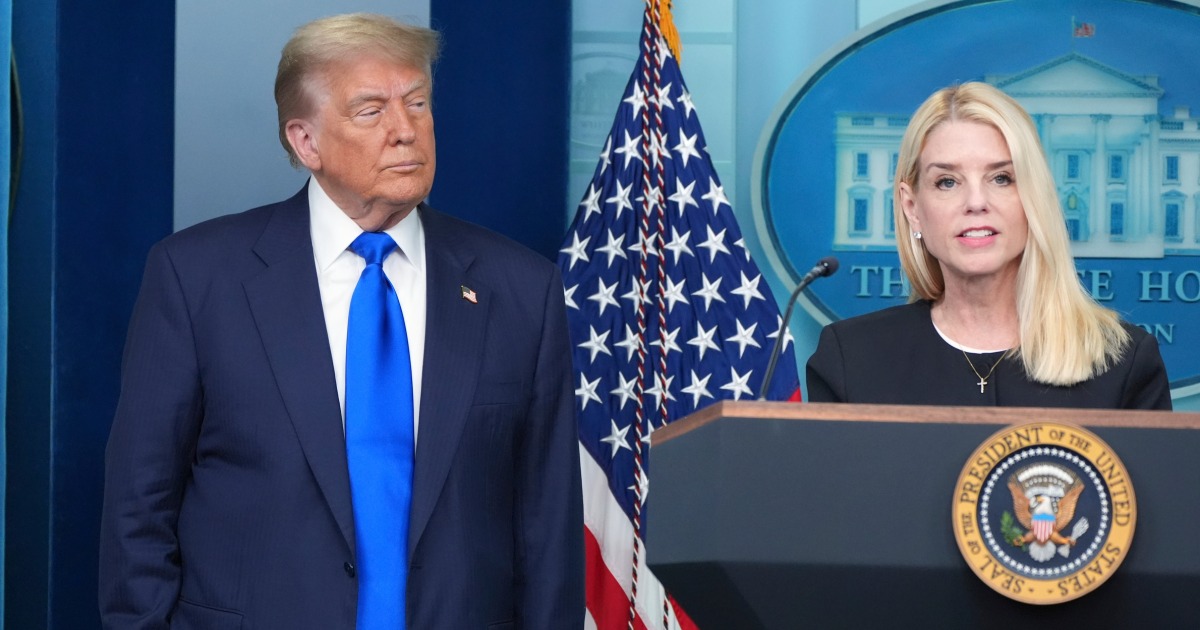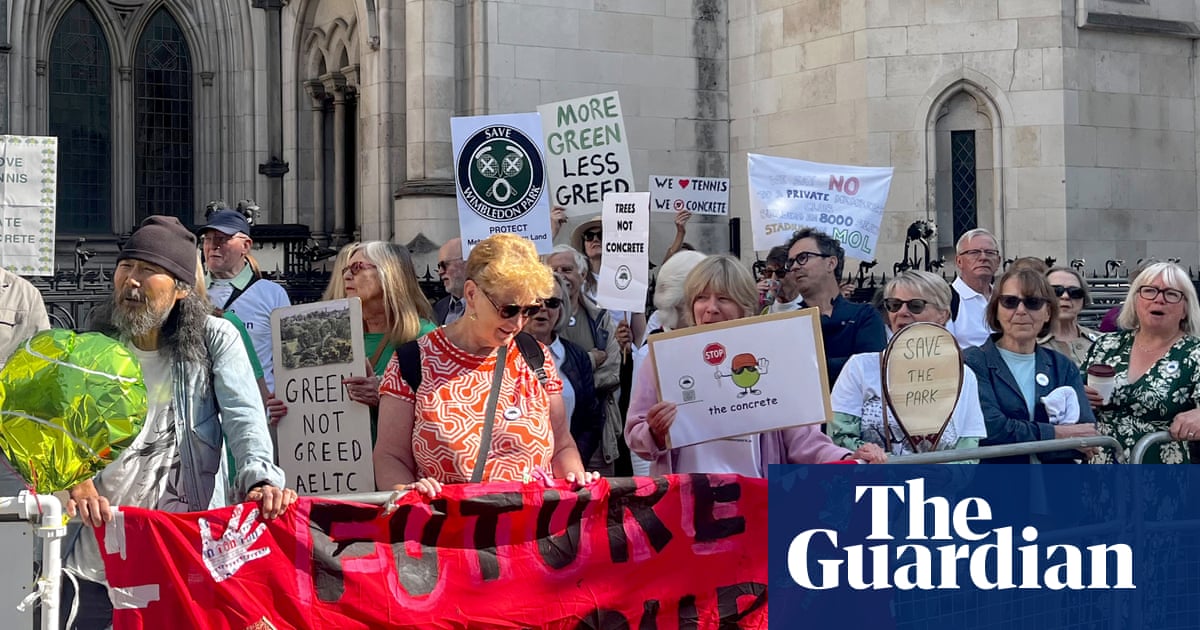T4K3.news
French court maintains Bashar Assad's immunity while allowing future warrants
The court ruled on Assad's legal protection, enabling possible warrants for war crimes.
France's highest court has decided on Assad's legal protections while allowing future warrants for war crimes.
French court ruling impacts Bashar Assad's legal status
Paris's highest court upheld some of Bashar Assad's immunity as a former head of state. However, it also indicated that new arrest warrants may be issued for war crimes. This decision disappointed many human rights advocates who were hoping for a complete removal of his protections. The court clarified that while current international law allows immunity for sitting leaders, this changes once they leave office. This ruling permits potential future prosecutions against Assad if he travels outside Russia.
Key Takeaways
"This is a huge mistake. This will support another dictatorship to keep doing this kind of crime."
Mazen Darwish criticized the court's ruling, expressing concerns about its implications for justice.
"It is a sad day for us."
Darwish's emotional reaction reflects the disappointment shared by many after the ruling.
"The court’s ruling is a missed opportunity for justice."
Mariana Pena emphasized the potential implications of the court's decision for accountability.
"Every official can be prosecuted in France if we have evidence of genocide, war crimes or crimes against humanity."
Clémence Witt explained the court's position on prosecuting officials after they leave office.
The ruling reflects a complex balance between legal precedent and the pursuit of justice for war crimes. Critics argue that maintaining immunity for former leaders encourages future violations by other regimes. While the court confirmed that Assad retains certain protections, the possibility of new warrants ignites hope for accountability and justice. The case signals a broader narrative about the limitations of international law concerning atrocities and the struggle faced by human rights activists in seeking justice against powerful figures.
Highlights
- Justice may be delayed but not denied in the case of war criminals.
- Immunity for leaders can't shield them from justice forever.
- This ruling could lay the groundwork for future accountability.
- We must keep fighting against the culture of impunity.
Concerns over accountability and international law
The court's decision to uphold Assad's immunity may embolden other dictators and complicate efforts to prosecute war crimes.
The ongoing dialogue about wartime accountability continues to evolve in international courts.
Enjoyed this? Let your friends know!
Related News

France overturns arrest warrant for Bashar al-Assad

France and U.K. to recognize Palestinian state

Trump issues executive order on college sports

Parents rush to vaccinate children amid Medicaid fears

Federal judge dismisses Trump sanctuary city lawsuit

Supreme Court overturns convictions of traders

Parents rush to vaccinate children amid Medicaid concerns

Court approves Wimbledon expansion plans
